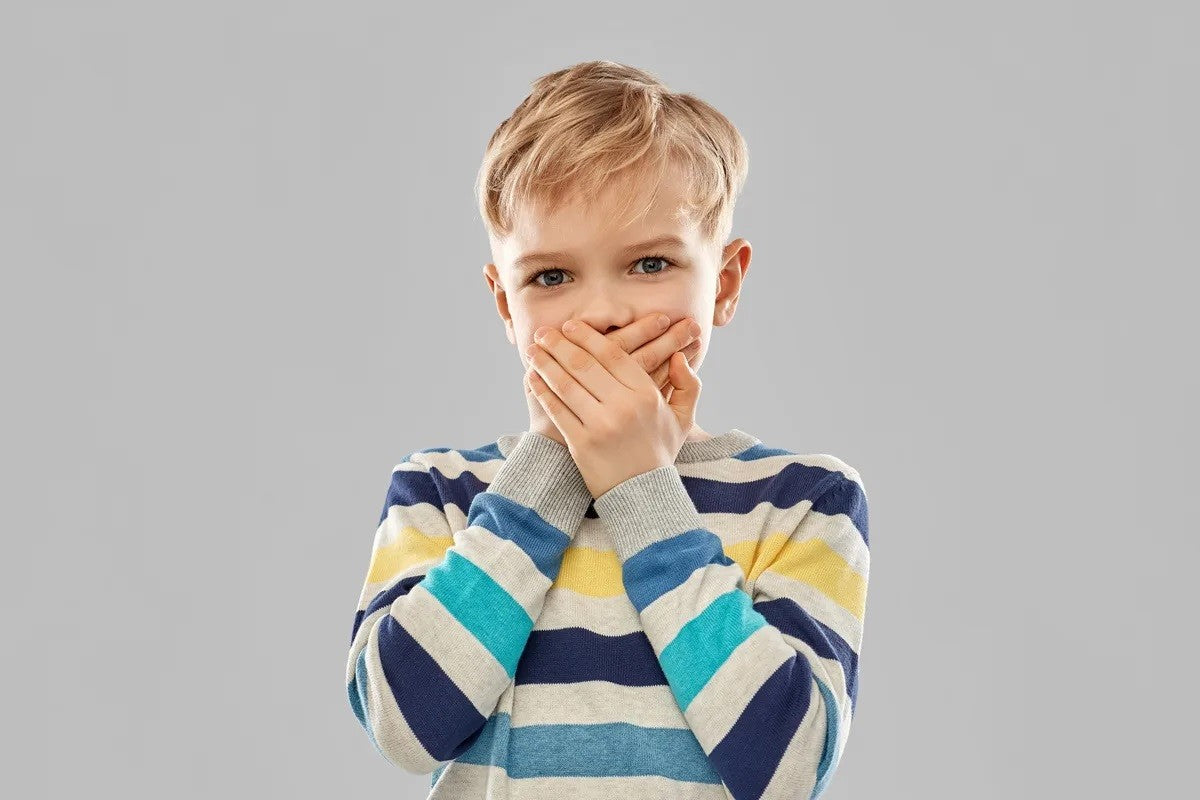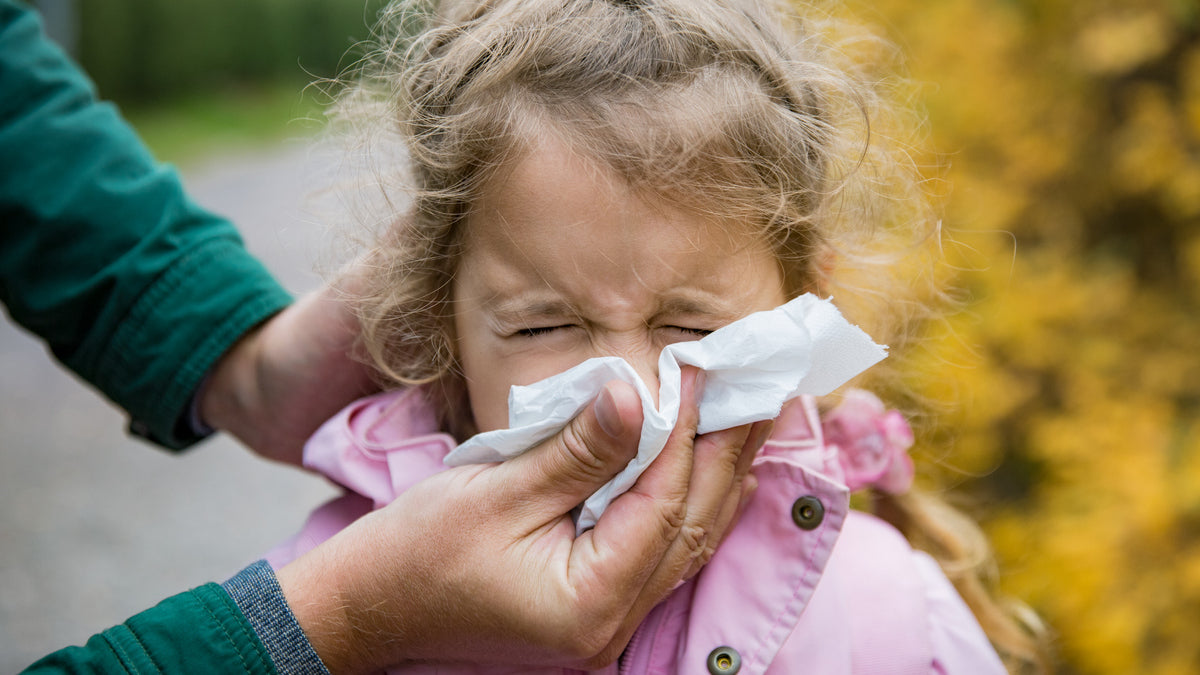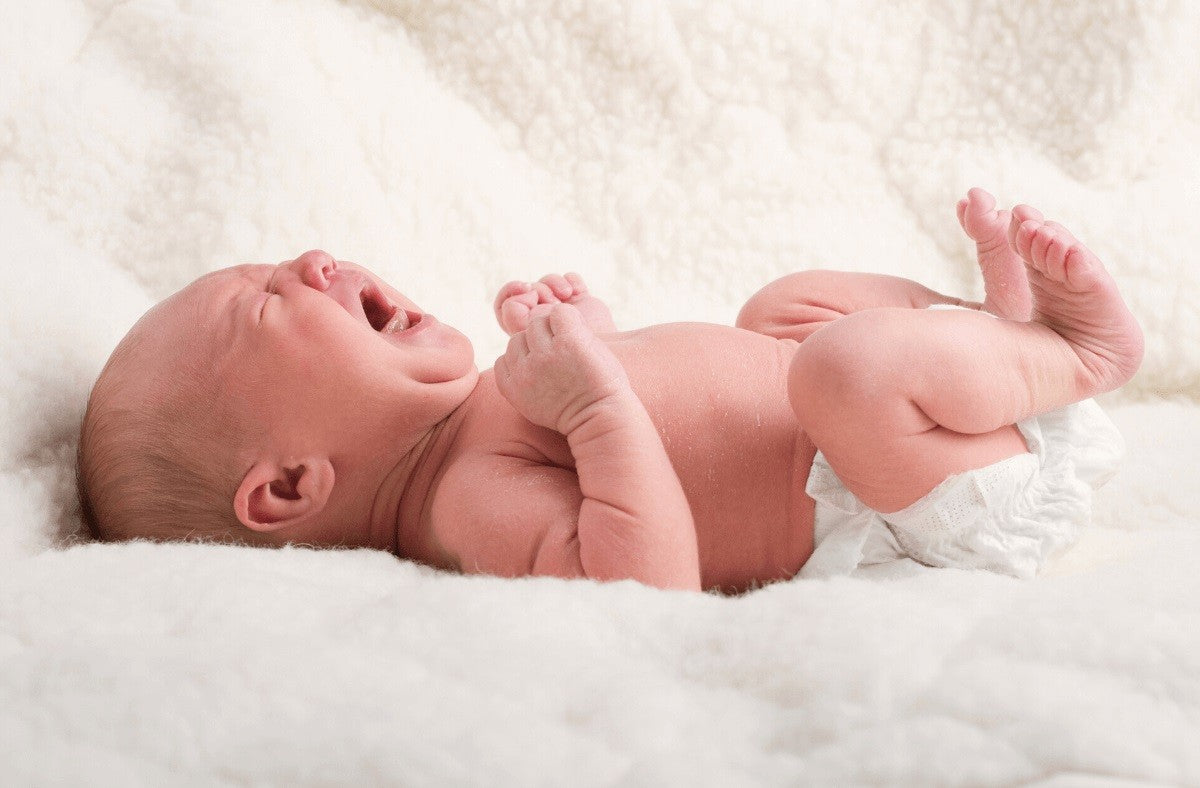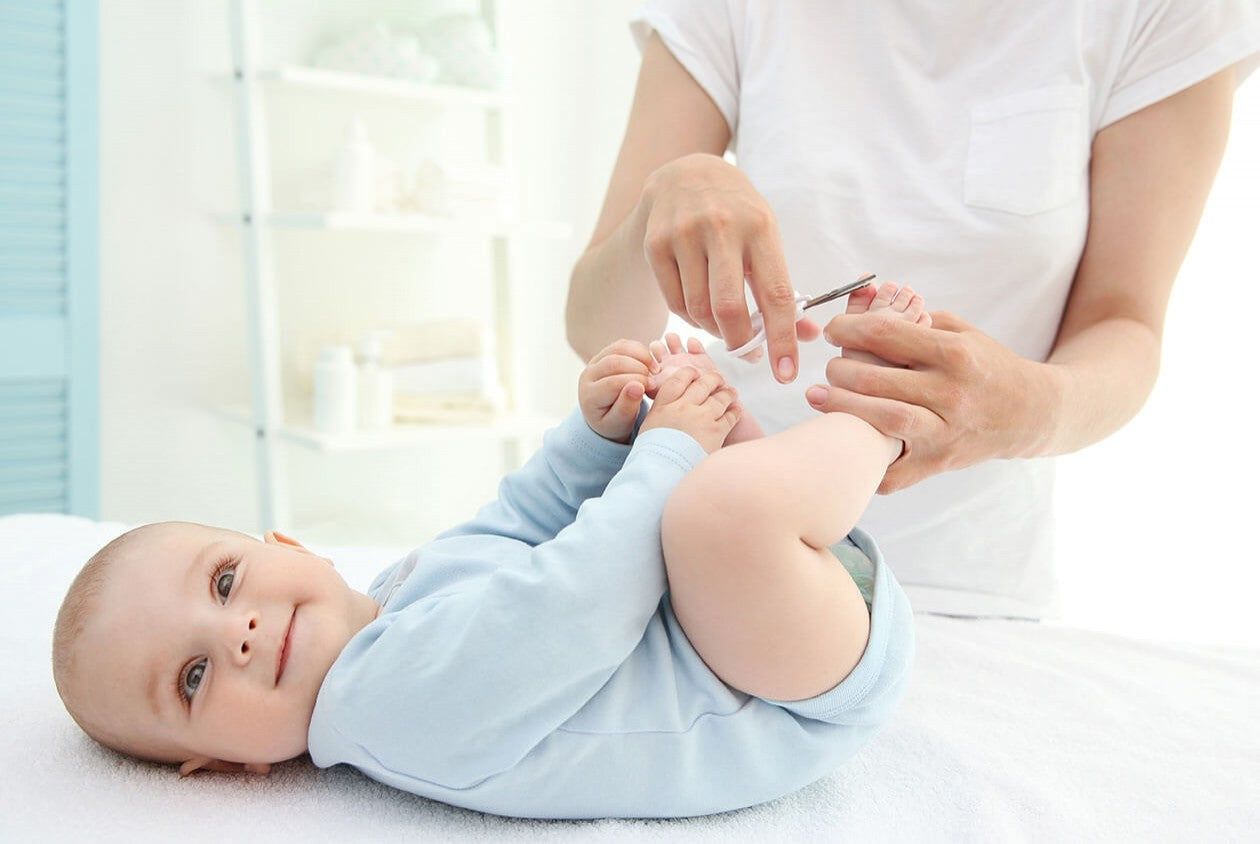Bad breath in children: causes and remedies.
Bad breath is not unique to adults, but also typical of children.
Attention to children's hygiene is one of the concerns of parents who, especially in the first months and years of life, are always careful in monitoring it. A very common phenomenon is that of bad breath in children which occurs mainly in the morning, when the child wakes up.
A benign condition, rarely a symptom of a serious problem, but which is good to control and manage, especially to teach the child to take care of their own hygiene.
Halitosis and acetone
When it comes to bad breath in children, we must distinguish between two conditions: halitosis and acetone. The first term refers to the condition of unpleasant odors that the child emits while breathing.
The term acetone, on the other hand, indicates the metabolic response that the body puts in place when, after having burned the sugars, it begins to burn fat. In both cases, as anticipated, we are talking about harmless conditions which, apart from mild discomfort and embarrassment, are not linked to particular pathologies. Generally these are temporary conditions that resolve themselves in a short time, but which is always good to check to prevent them from worsening or being linked to other disorders.
Bad breath in children: the causes
In the case of halitosis, the main causes are generally linked to infections of the mouth or throat, gum disease, abscesses, sinusitis and stuffy nose. These disorders cause these consequences in younger children; in older children and adolescents, the causes can also be linked to poor oral hygiene, intestinal disorders or nutrition. Only rarely is halitosis caused by kidney problems, liver disease, lung disease or diabetes (type 1 and type 2). A cause of halitosis can also be the appearance of the teeth (teething) but it is physiological and not linked to ailments or problems to worry about.
Unlike in the case of acetone, the causes are linked to stressful events, such as prolonged fasting or a feverish state. Bad breath in children is therefore the consequence of an increase in the body's demand for glucose, which must primarily supply the heart and brain with energy.
Acetone is therefore a consequence of metabolism which, in order to produce energy, has the side effect of causing bad breath. In this case the unpleasant odor can also be found in the child's urine, but the cause is always the same.In rarer cases, such as diabetes or congenital diseases of the metabolism, the same conditions that cause the bad breath typical of acetone.
Children and bad breath: nutrition
With weaning, babies begin to introduce other foods in addition to their mother's milk, supplementing their diet as milk begins to lose minerals and vitamins. From this moment, even if it will still be controlled for many months, children's nutrition becomes varied and therefore also responsible for bad breath. In fact, if consumed excessively, carbonated and sweet drinks can be responsible for bad breath in children. Similarly, even a diet low in vegetable proteins and fibers can be responsible for odor phenomena in the breath of children. In general, a healthy and balanced diet rich in complex carbohydrates and low in fat should always be followed, especially fried foods, fatty meats, sausages and chocolate.
Bad breath in children: the remedies
To treat bad breath in children, it is obviously essential to identify the cause that causes this consequence. In the case of acetone, the indication is to follow a diet rich in sugar, water and fat free. To counteract acetone, fruit juices are also a good ally to eliminate bad breath. In the case of halitosis, on the other hand, the treatment involves proper nutrition and regular oral hygiene. Both acetone and halitosis are transient phenomena, which generally resolve spontaneously over the years. However, it is important not to underestimate any of this condition for at least two reasons: the first is to prevent bad breath in children from hiding other ailments. At the same time, it must be remembered that, especially as children grow up, it is essential to teach them body care, of which oral hygiene is one of the most important. This means that the child should learn and start brushing their teeth at least twice a day, acquiring this healthy habit and maintaining it over the years. In some cases, always following the instructions of the pediatrician, it may be useful to use a mouthwash.






Leave a comment